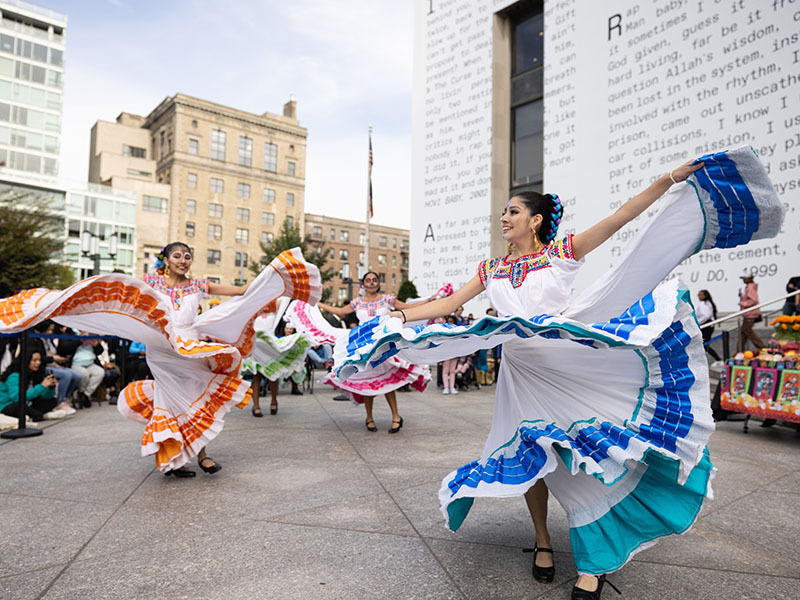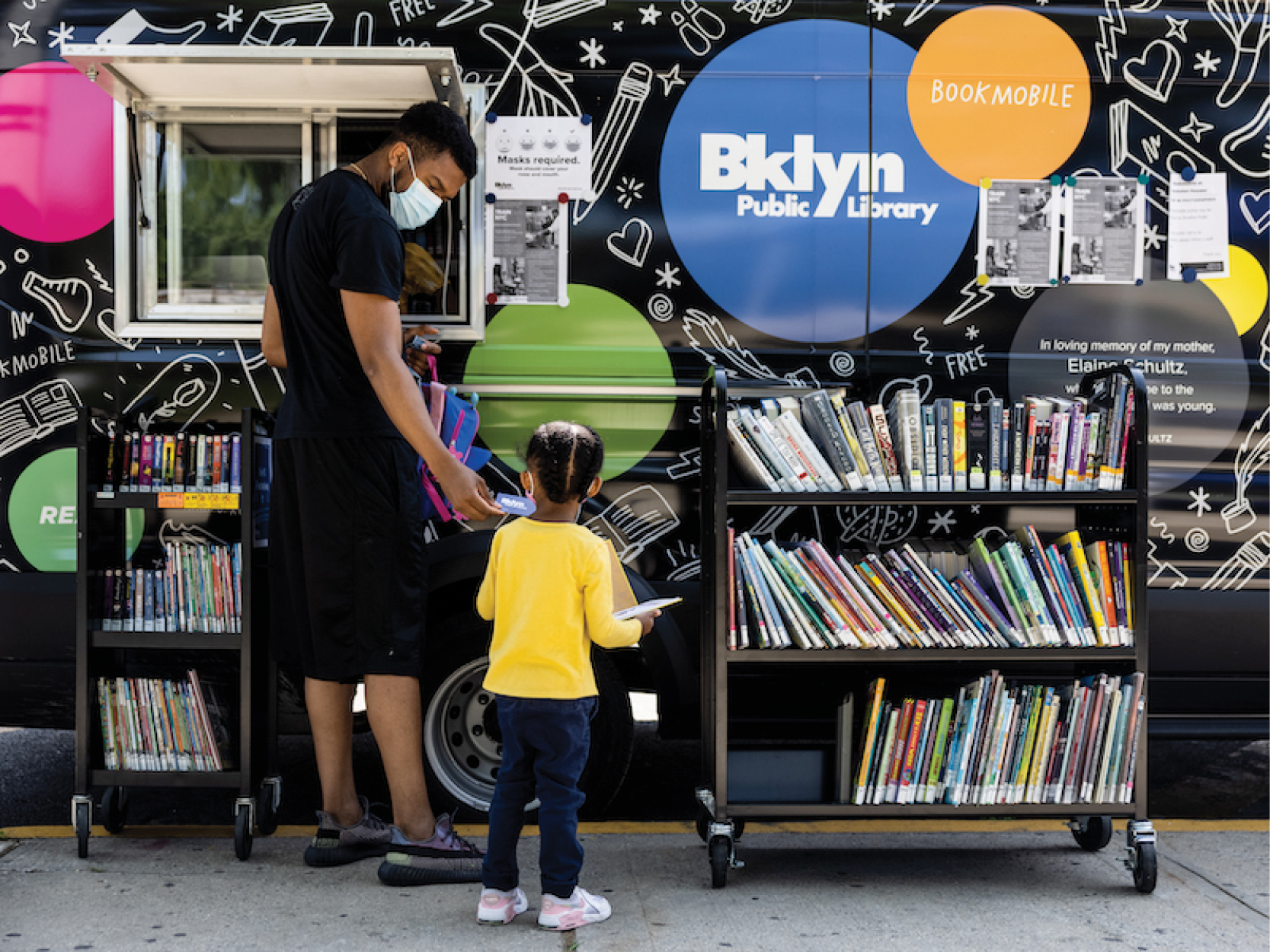It was February of 1946. Brooklynites were recovering from years of privation and separation brought on by the only recently ended World War II. Servicemen and women were readjusting to civilian life in the warm bosom of their families just as winter was seizing the borough in its usual icy grip. And then, on February 7th, Mayor William O'Dwyer declared a state of emergency in the city, ordering strict rationing of coal and fuel oil. Four days later, another proclamation from O'Dwyer ordered all "motion picture houses, theaters, night clubs, bars and grills, dance halls, bowling alleys, billiard parlors, all places of assembly and other amusement, libraries and museums, all schools and other educational institutions, all commercial, business and industrial establishments... to cease operating and close effective 11:50 p.m. on February 11, 1946." Following this, the mayor listed what few manifestations of daily New York life were allowed--mostly hopsitals, restaurants and grocery stores, basic utility companies, and limited public transportation.
Brooklyn's citizens had grown accustomed to rationing and blackout drills during the war, but that had ended months ago. What was this new scourge holding New York under seige?
Consider the tugboat.
"Ahoy there, Skipper!" - Brooklyn Daily Eagle photograph of a tugboat in the Gowanus Canal
This unsung powerhorse of a ship did much of the heavy lifting that kept New York humming along in the 1940s. Criss-crossing New York's harbors in their daily labors, 450 tugboats and the 3,500 tubgoat crewmen manning them pulled in the barges that supplied the 24-hour city with, according to O'Dwyer himself, "65 percent of the supply of coal and 95 percent of fuel oil". When those crewmen, represented by Local 333 of the United Marine Division, A.F.L. International Longshoremen's Association, went on strike in the wee hours of the morning on February 4th, 1946, the city was quickly brought to a standstill.
The sudden lack of coal and fuel oil didn't just mean everybody had to turn their thermostat down a few notches. These tugs brought in the fuel that powered New York's electricity; a prolonged strike would mean no trolleys, no subway, no lights. It would also mean lots of garbage, as the same tugboats pulled the barges that hauled trash out of the city. In the days following the strike declaration, paralysis slowly but surely crept over the fuel-starved metropolis, and each new morning brought news of another piece of the city's machinery grinding to a halt. On February 6th, the Staten Island ferries suspended service. On February 8th, O'Dwyer began closing down non-essential public buildings, and ordered the rest keep their thermostat below 60 degrees. Subways operated without heat, and street lights were dimmed to conserve energy.
The worsening circumstances came to a climax on the night of February 11th. Because of O'Dwyer's strict edict issued that morning, mandating that all fun and frivolous gathering places close down at 11:50pm, many amusement-seeking Brooklynites found themselves out in the cold come midnight. Luckily for us, Brooklyn Daily Eagle photographers were on hand to document the moment when all of Brooklyn was given that old line, "You don't have to go home, but you can't stay here."
"Sailor's thirst goes unquenched" reads the Brooklyn Daily Eagle caption for this photograph (which looks a little staged).
Bewildered crowds are turned out of the Paramount movie theater in downtown Brooklyn, minutes before midnight.
As curfew approaches, a cheeky coat-check girl at Enduro's Restaurant (which would very shortly become Junior's Restaurant) passes out coats to patrons who will soon be out in the cold.
Although bars, movie theaters, and nightclubs all had to close early to conserve heat and light, some businesses were allowed to buck the restrictions. This hamburger stand earned an exemption, presumably because it was a restaurant and, coal or no coal, the people gotta eat. Despite being one of the few late-night options in town, however, the joint is nearly empty.
The strict belt-tightening was, thankfully, short lived. Only 18 hours after O'Dwyer's restrictions went in place, the mayor stepped out of a long arbitration with union officials and tugboat owners to announce, "Boys, the strike is over." By 8 a.m. February 14th, the strikers were back on the job, again pumping more than 3,000,000 gallons of fuel oil and 60,000 tons of coal into the thirsty veins of New York City every day. The union's new contract wasn't settled until April 30th, 1946, when negotations earned the crewmen an 18 cents per hour raise and one paid week of vacation.
This blog post reflects the opinions of the author and does not necessarily represent the views of Brooklyn Public Library.
Just goes to show how
I love how this article leads
Nice shot of the sailor and
Post a Comment
While BPL encourages an open forum, posts and comments are moderated by library staff. BPL reserves the right, within its sole discretion, not to post and to remove submissions or comments that are unlawful or violate this policy. While comments will not be edited by BPL personnel, a comment may be deleted if it violates our comment policy.
eNews Signup
Get the latest updates from BPL and be the first to know about new programs, author talks, exciting events and opportunities to support your local library.













